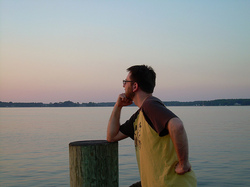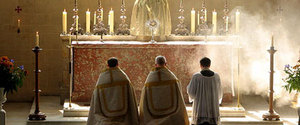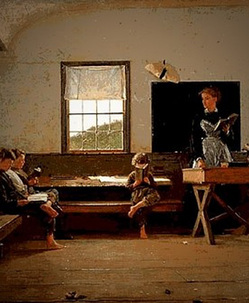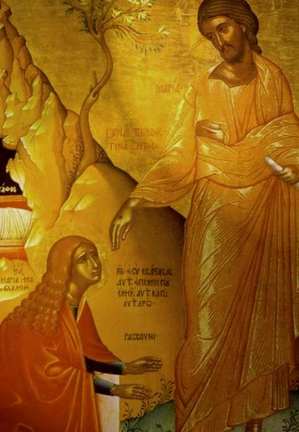Thinking about prayer, my desire to pray and the priest’s duty to be man of prayer, I found this reflection on prayer, dependence on God helpful. I think Dom Augustin’s essay is quite good at getting the heart of reality. Perhaps it be helpful for you, too.
The reasons for
praying are as numerous as they are imperative. They correspond to all our
needs without exception, and to all occasions. They are also in accord with the
favors we receive in answer to our prayers and to God’s rights over His
creatures.
Our divine
Master’s word has explored and lighted up everything, our human world and God’s
world. He revealed the powerlessness of the first when He said: “Without Me,
you can do nothing” (John 15:5).

We have read
these words often enough, but without penetrating them. We no more understand
the “nothing” than we do the “all.” The nature of our being does not allow us
to understand it. We do not look at our tiny being as it actually is in the light
of the “all.” We do not compare the hours of our life, so short and transient,
with God’s changeless eternity. We do not see the place we occupy in the
universe as compared to His immensity, which infinitely overflows our tiny
universe, and could embrace numberless others, far greater than ours. Above
all, we forget that our being is not ours.
Moment by moment we receive the tiny
drop of being that God designs to give us. The only reason we have it is
because He gives it to us; and having received it, immediately it begins to
dissolve; it slips through our fingers and is replaced by another which escapes
us with the same rapidity. All this being comes from God and returns to Him; it
depends upon Him alone. We are like vessels into which He pours that being drop
by drop, so as to create a bond of dependence upon Him, whereby His Being is
manifested and made known and, when lovingly welcomed, is glorified.
Prayer is this
intelligent vessel, which knows, loves, thanks and glorifies. It says, in
effect: My God, the present moment and the light by which I am aware of it,
comes from You. My mind, which appreciates it; the upward leaping of my heart
which responds to that recognition and thanks You for it; the living bond
created by this moment — all is from You. Everything comes from You. All that
is within me, all that is not You; all created beings and their movements; my
whole being and its activities all is from You. Without You nothing exists;
apart from You is just nothingness; apart from Your Being there is merely non-
existence.
How this
complete dependence, upon which I have so often and so deeply meditated, ought
to impress me! I feel that it plunges me into the depths of reality, into
truth. Nevertheless, it does not completely express that reality. There was a
time when this nothingness rose up in opposition to “Him Who is”. It wanted to
be independent of Him; it put itself forward, refused to obey Him and cut
itself off from Him. It made war on Him and became His enemy. It destroyed His
Image in the heart’s citadel where hitherto He had reigned, and usurped His
Throne. These are only metaphors, and they do not do justice to the real horror
of the plight created by sin; but we must be content with them, as they are all
we have. We must remember, however, that they are completely inadequate.
And every day we
add to this predicament, already so grave. Every personal sin of ours is an
acceptance of this state: we choose it, we love it and prefer it to union with
God. We lap up, as it were, these sins like water. We take pleasure in plunging
into them as into a stream, the waters of which rise persistently, and in time
overwhelm us and carry us away. They toss us about like a straw, and submerge
us. Thoughts, feelings, words, really bad acts and innumerable omissions fill
our days and nights, and intermingle, more or less consciously, with our every
movement, and at all hours. They spoil the purity of our ordinary actions such
as eating and drinking; they introduce themselves into our sleep and mix with our
waking movements, and with our external acts as with our most intimate
thoughts. Because of our fallen state, everything becomes matter and occasion
to drag us down further into evil.
Dom Augustin Guillerand, O. Cart. (1877-1945), The Prayer of the Presence of God





